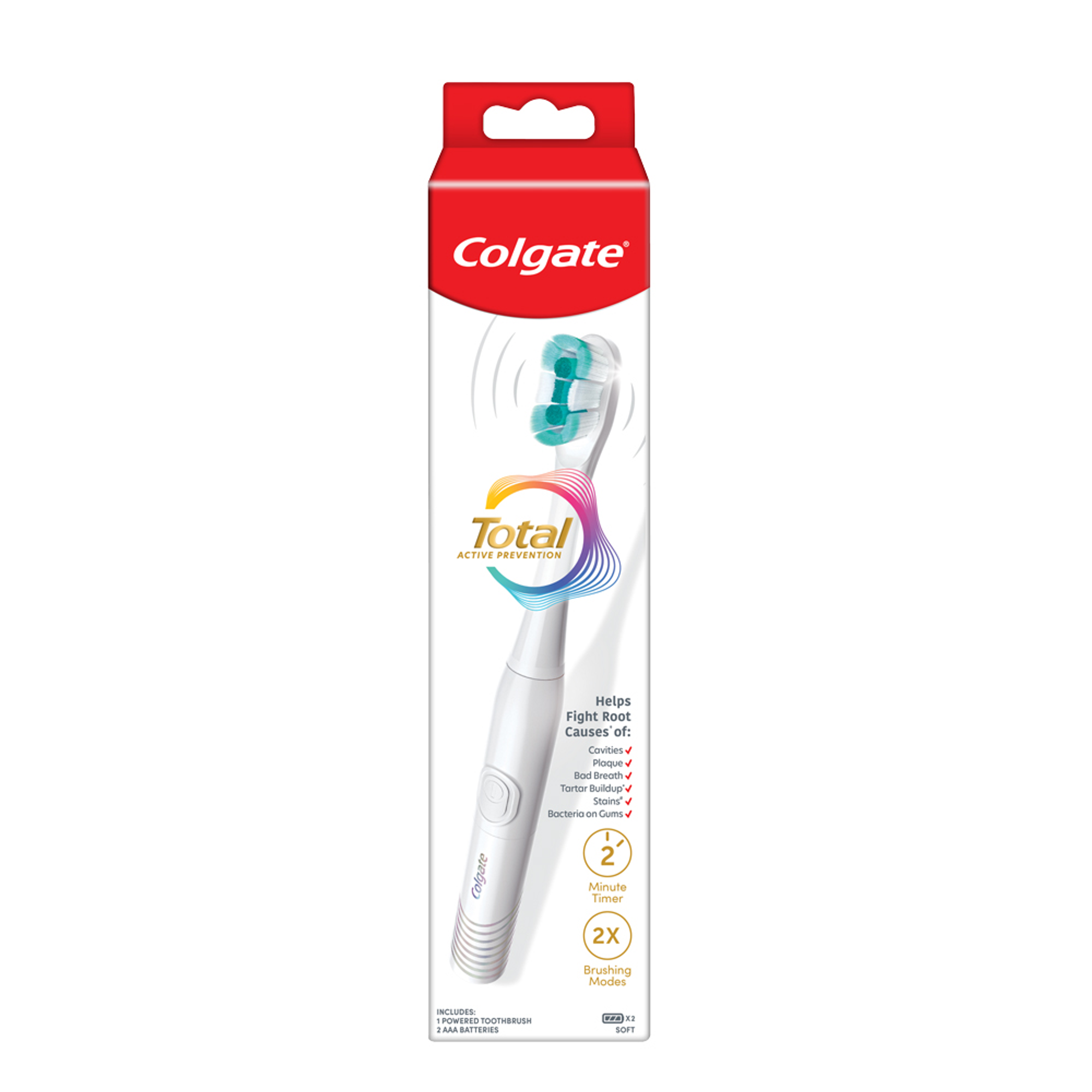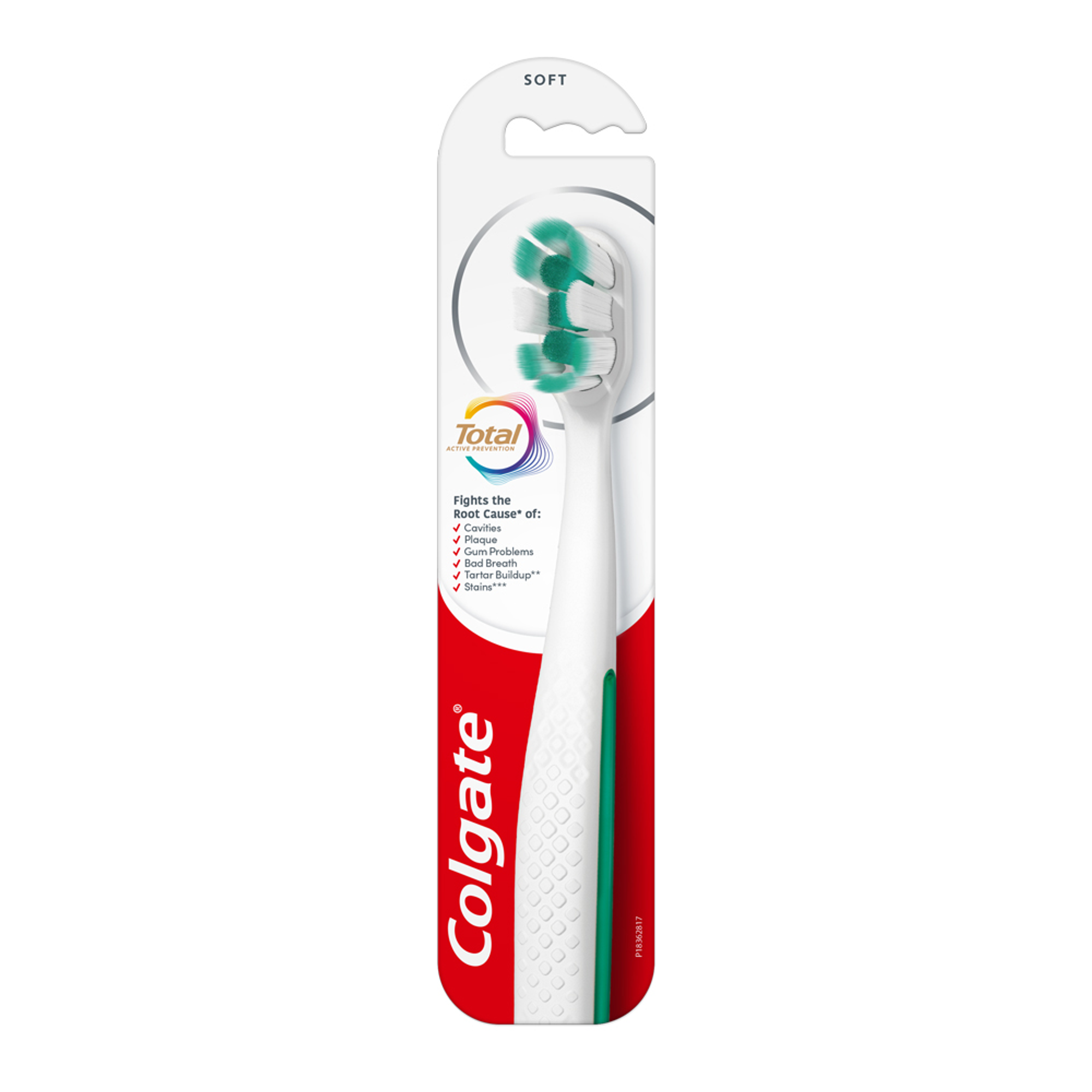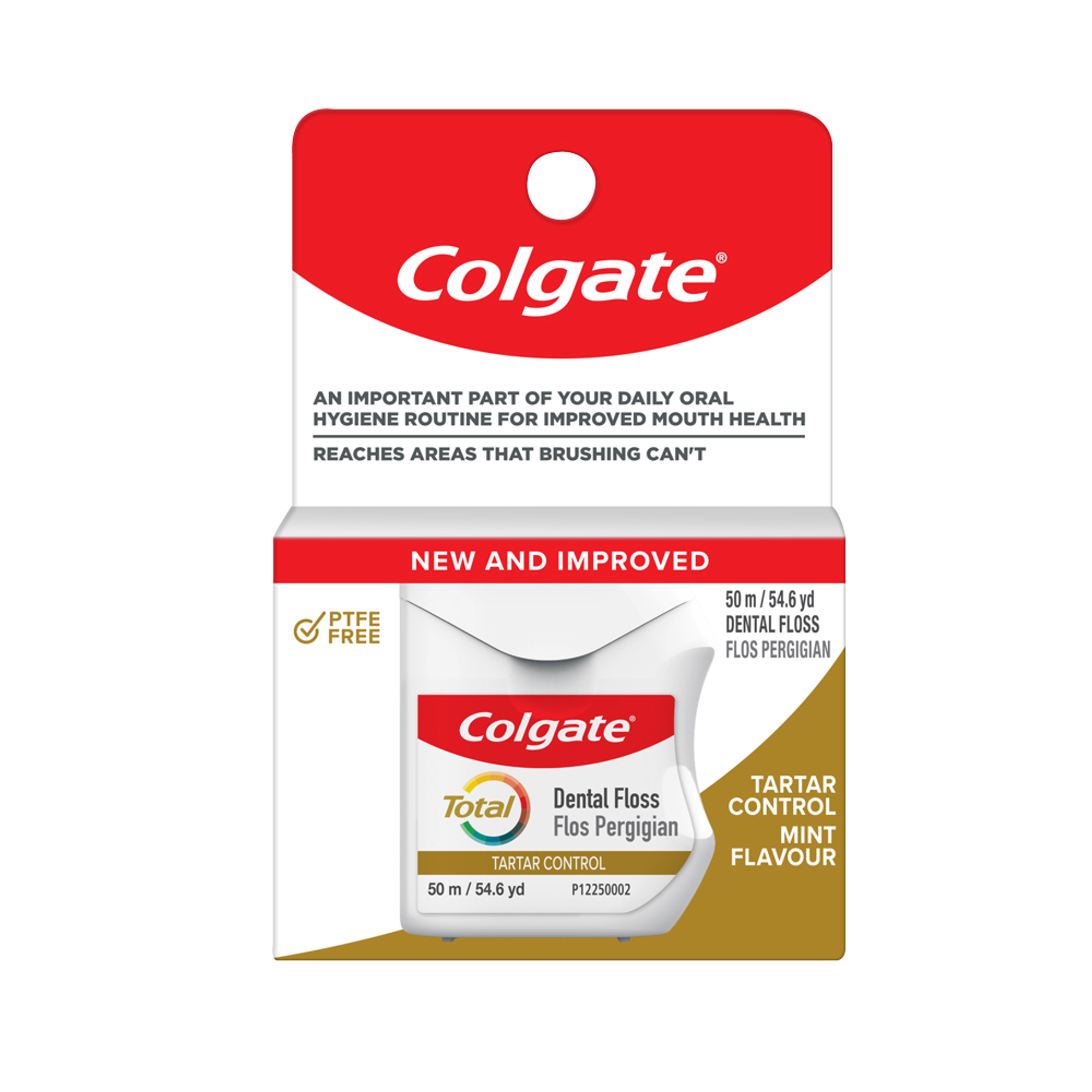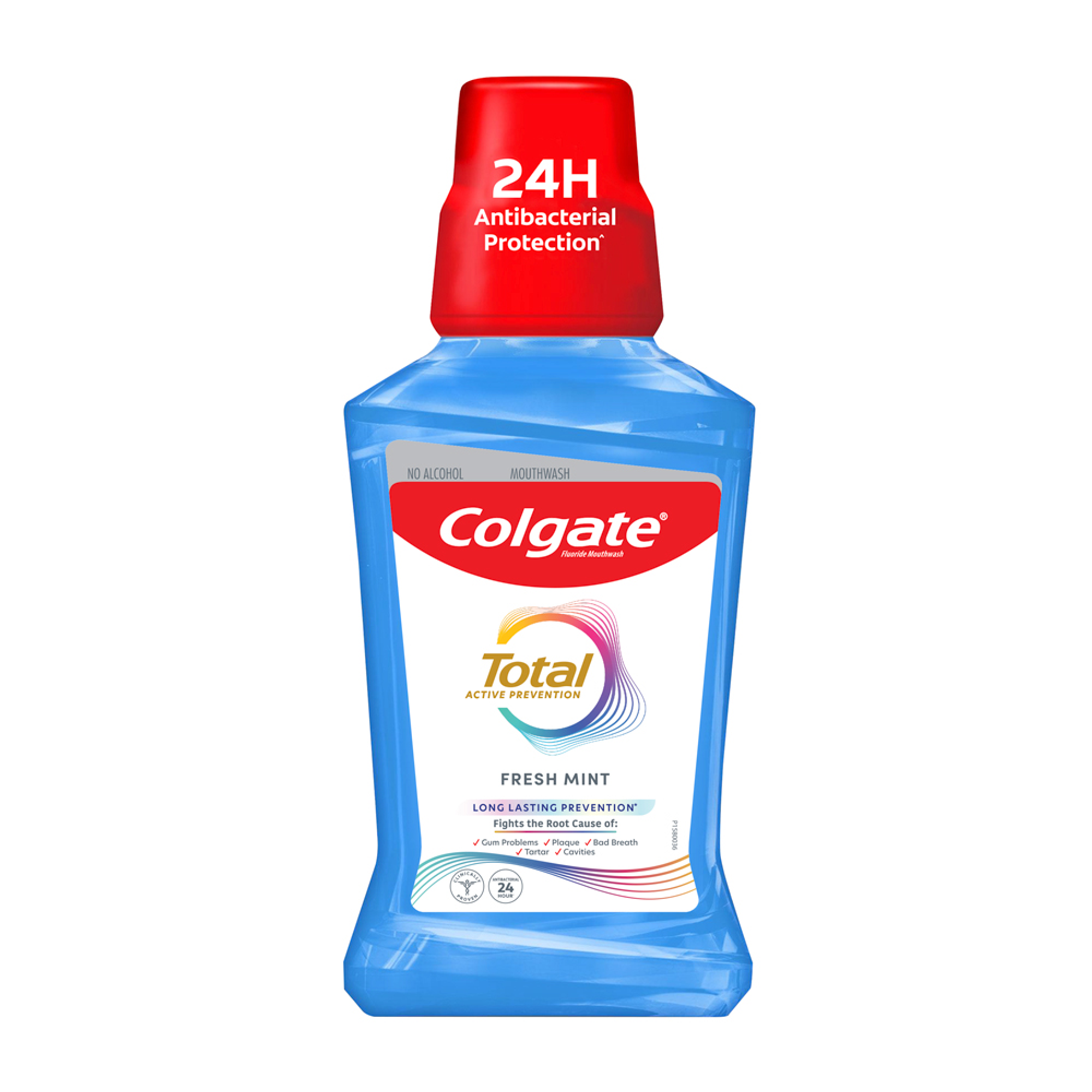- Oral Health and Dental Care | Colgate®
- Oral Health
- Sore Gums Causes And Treatments


Causes of Sore, Bleeding Gums
Sore gums that are also bleeding can be a sign of gum disease. Other possible symptoms of gum disease include swollen gums, receding gums or bad breath. This condition can develop when plaque is allowed to accumulate on the teeth, where it hardens. This hardened plaque is full of bacteria that can irritate and damage the gum tissue.
Gum disease isn't the only possible cause of sore, bleeding gums. Some medications can cause bleeding gums by decreasing the blood's ability to clot. Changes to your oral care routine could cause soreness and bleeding , too. For example, switching from a soft-bristled to a hard-bristled toothbrush could cause irritation. Since sore, bleeding gums have many causes, it's important to see your dentist to get to the bottom of the issue.
Risks of Sore Gums
If your gums are sore and bleeding, it's important to seek treatment from a dentist. If gum disease is responsible for your symptoms, it could get worse if it's left untreated. As gum disease progresses, it can damage the soft tissue, fibers that are connected to the teeth and bone that support your teeth, explains the American Academy of Periodontology in the United States. This damage can loosen your teeth in their sockets. In severe cases where periodontal disease has occurred, the teeth may need to be removed or extracted.
At-Home Habits for Healthy Gums
There are many things you can do at home to keep your gums healthy. Step up your oral care and remember to brush your teeth twice a day. If you don't usually floss, it's not too late to start! Regular flossing (at least once a day) can sometimes stop issues with gum pain.
After brushing and flossing, swish with a mouthwash to kill germs on contact and fight plaque between teeth and along the gumline.
Professional Help for Sore Gums
Proper at-home oral care habits are essential, but they're not enough on their own. It's also very important to see your dentist regularly. Generally, you should visit your dentist at least once every six months. Regular dental checkups let your dentist determine if you have any oral health problems, such as gum disease, that should be treated.
If you're diagnosed with gum disease, don't worry. This cause of sore gums can be easily fixed. Your dental professional will thoroughly clean your teeth and gums to remove plaque and tartar and instruct you on how to keep up with oral care at home. After your treatment has been completed, be sure to brush and floss regularly to remove plaque and see your dentist for any suggested follow-up appointments.
Sore gums that bleed when you brush or floss can be alarming. This symptom has many possible causes, so it's important to see your dentist to learn more. Once a cause has been determined, treatment can begin. Your gums will be in tip-top shape before you know it.
Related Products

Helping dental professionals
More professionals across the world trust Colgate. Find resources, products, and information to give your patients a healthier future













